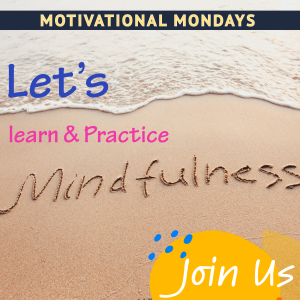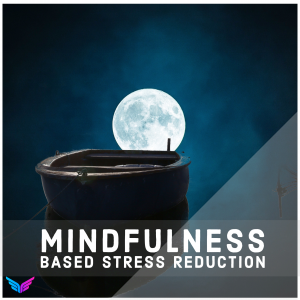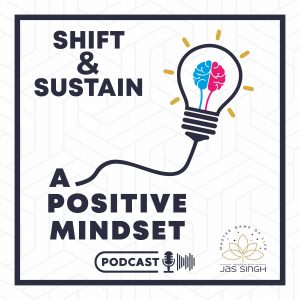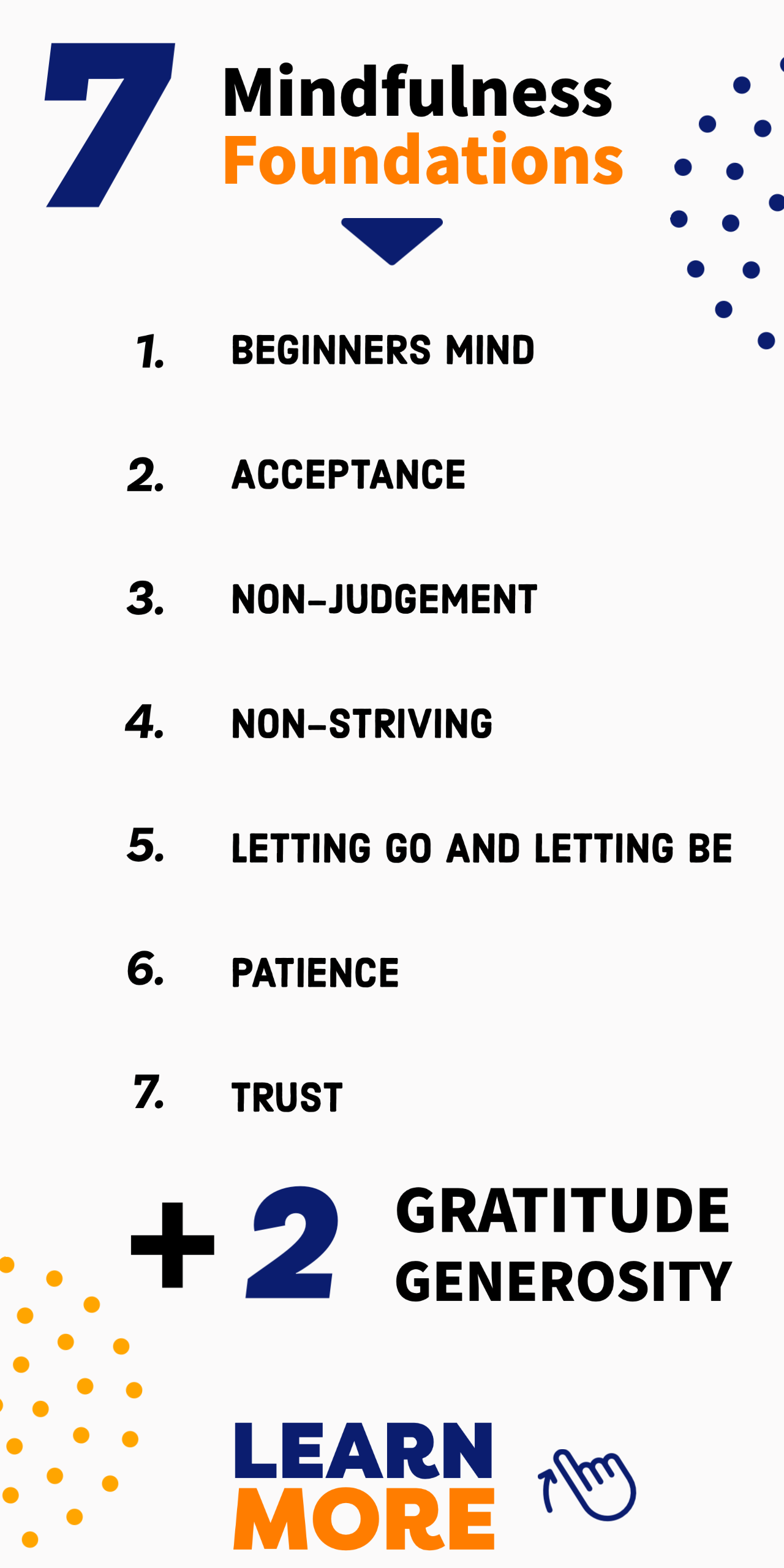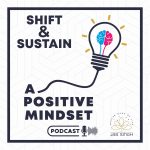What is Forgiveness meditation? In Forgiveness meditation, one is guided, through imagery, words or phrases to extend forgiveness thoughts to others and the self.
Forgiveness meditation cultivates feelings of letting go, of any resentments, pain or painful experiences helping us free ourselves and allowing ourselves to open our heart. As painful it maybe, to accept and continue.
The word resentment comes from Latin roots.
Its original meaning was “to feel again.”
We all deal with resentments, holding on to harm that has been caused in the past.
This is a painful experience.
When you hold on like this, you feel the pain repeatedly.
Sometimes these resentments may feel like they offer security from future harm.
But with forgiveness, you can free up space in the heart to allow love and care to take root.
Buddhist Prayer of Forgiveness
If I have harmed anyone in any way either knowingly or unknowingly
through my own confusions I ask their forgiveness.
If anyone has harmed me in any way either knowingly or unknowingly
through their own confusions I forgive them.And if there is a situation I am not yet ready to forgive
I forgive myself for that.For all the ways that I harm myself, negate, doubt, belittle myself,
judge or be unkind to myself through my own confusionsI forgive myself.
GUIDED Forgiveness Meditaiton
The practice of forgiveness will help you let go of these painful experiences and offer freedom to the mind and heart.
Find a comfortable meditation posture and invite gentleness into the body from the beginning.
Notice any discomfort or tension in the body and try to soften around it.
Bring to mind somebody you feel resentful toward.
When new to this practice, don’t choose the strongest resentment in your heart.
Instead, start where it’s a little bit easier.
Notice the harm that was caused and why you feel resentful.
Connect with the intention to cultivate an open and loving heart.
If there is resistance, notice its presence without pushing it away.
It takes time to reopen the heart, so don’t force anything.
Begin offering phrases of forgiveness, connecting with the words as much as you are able. Say a phrase slowly in your head, finding a rhythm.
It may be helpful to offer a phrase with each exhale or with every other exhale.
Use these phrases:
I forgive you [or I forgive you as much as I am able to in this moment.
May I let this pain free itself from my heart.
After six or seven minutes of offering forgiveness, let go of these phrases.
Turn toward yourself, recognizing that you, too, have caused harm to others.
You don’t need to engage in stories about the harm you have caused;
Just recognize that you have indeed caused difficulties for others, whether you intended to or not.
Call to mind a specific person you have hurt.
Begin asking for forgiveness from this person, using these phrases:
I ask for forgiveness for any harm I have caused you.
May you find room in your heart to forgive me.
May we forgive each other.
Allow five minutes to pass, and return to your own body.
Breathe deeply for a few minutes, resting your awareness on the breath before opening the eyes.
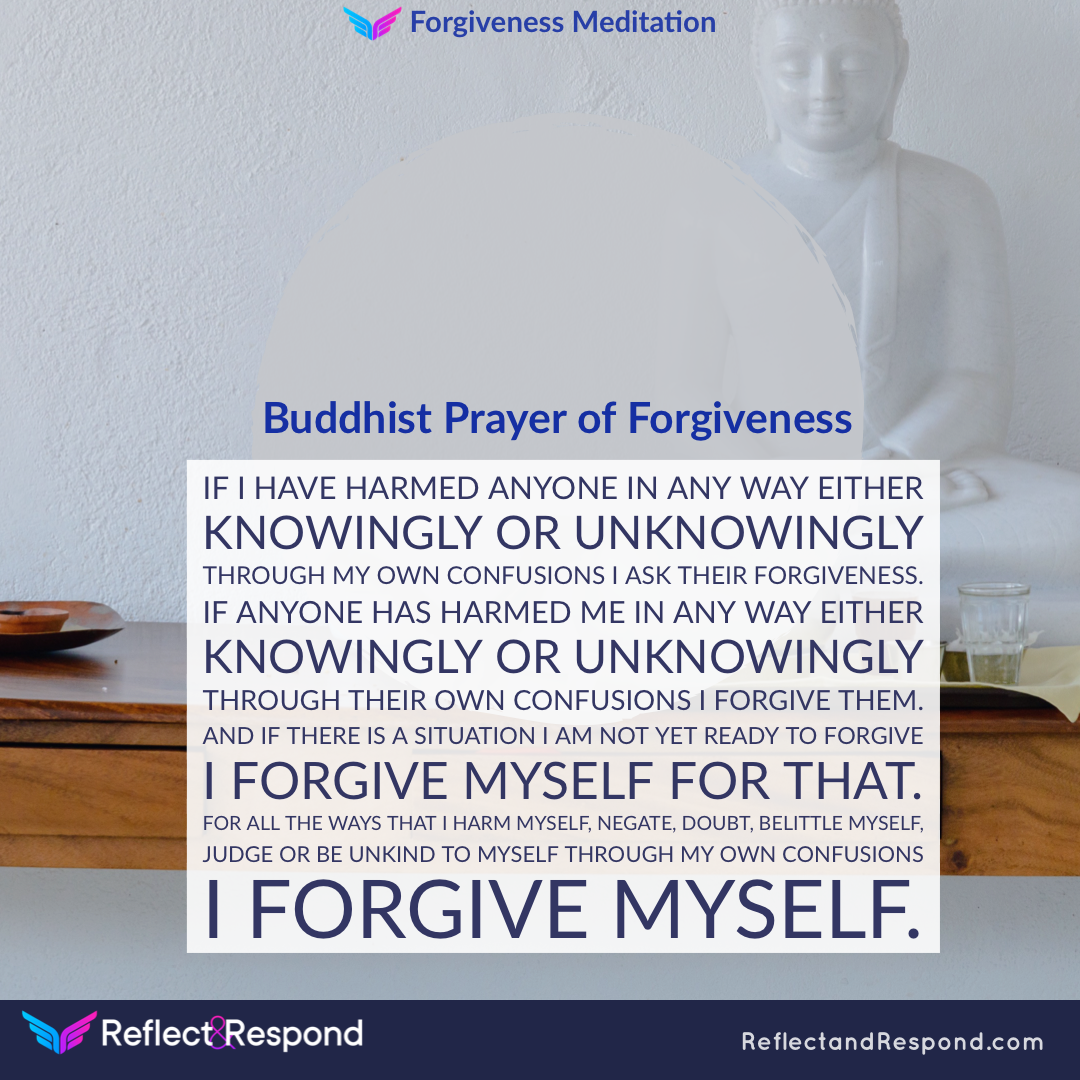

Mindfulness is the ability to be fully present in the moment. Mindfulness has many benefits for us at work and in personal life, such as increased focus and happiness. The practice can help us reduce stress and anxiety.
READ MORE on What is Mindfulness Meditation?
Simply put, mindfulness is described as a human’s ability to be completely present and fully aware of where you are and what you’re doing. It involves being able to feel everything and not being overwhelmed by what’s going on around you.
Mindfulness is an ability that’s inherent to every human being; however, once practiced regularly, you become better at it, and it becomes more accessible to you.
READ MORE ON What are health benefits of mindfulness-meditation

